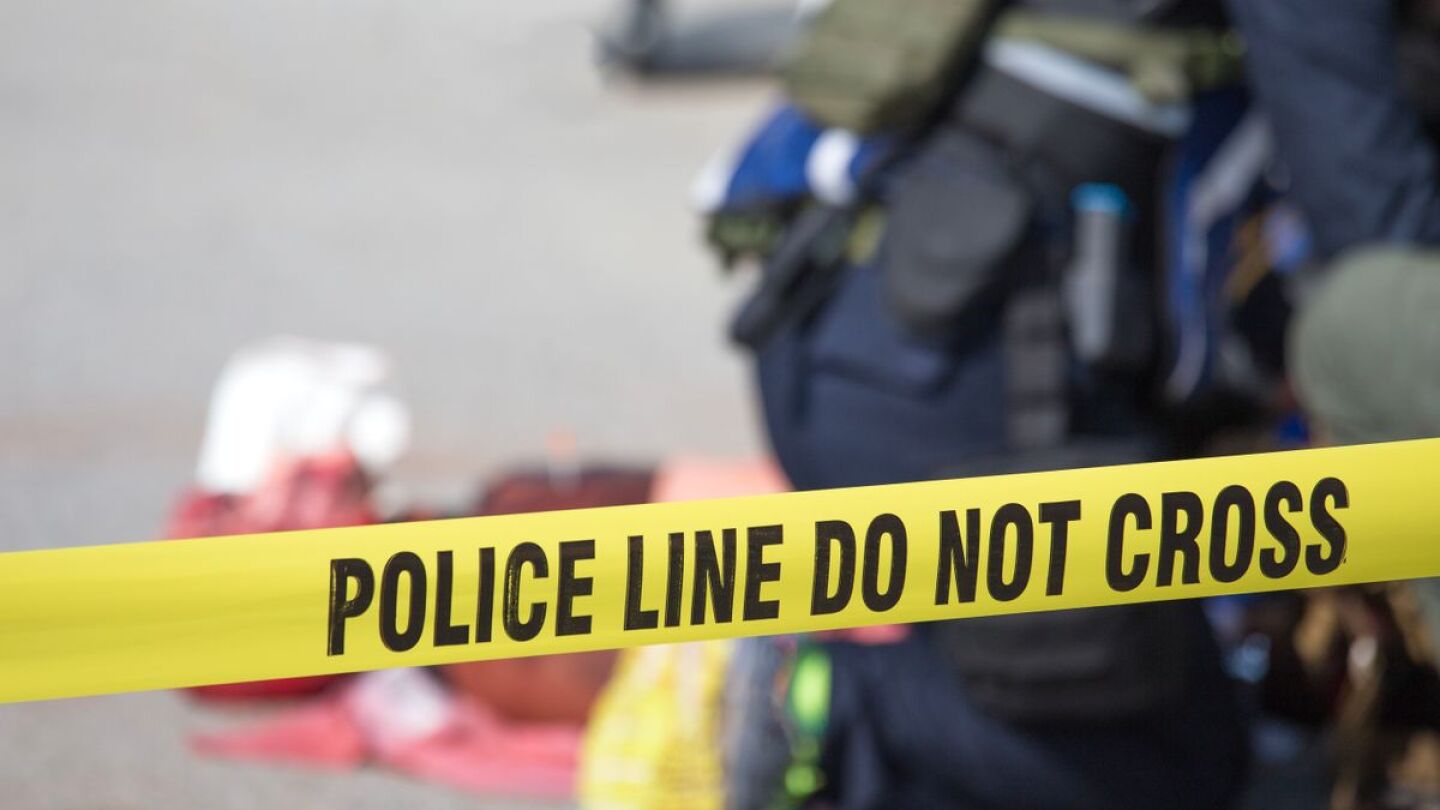Lexipol
Lexipol provides fully developed, state-specific law enforcement policies researched and written by subject matter experts and vetted by attorneys. Our policies are based on nationwide standards and best practices while also incorporating state and federal laws and regulations where appropriate. Best of all, we keep your policies updated for you, saving you time and money.
With Lexipol, you will enhance personnel accountability, reduce liability, save time and money on policy management AND rest easy knowing your department is protected.
Discover why the departments that treat recruiting like marketing are winning — and how to follow their lead
A traffic stop leads to finding guns and marijuana, with social media proving illegal possession of firearms
In U.S. v. Keller, the 5th Circuit reaffirms the legality of Fourth Amendment border searches at immigration checkpoints
This case might present a good training scenario to reinforce the task of assessing the existence of an immediate threat
Where discretionary time and tactical circumstances permit, giving a warning before using force is essential
How can an agency know whether in-service employee training is actually training department personnel?
Educating civilians about mass violence prevention and investigation technology procurement and policy development
If you show up on the scene of a shooting and someone has a sucking chest wound, do you have the right equipment and do you know how to use it?
In the struggle to physically control a person, officers must not erroneously mistake unconsciousness for compliance
Knowing the warning signs and gathering information ahead of the search can help avoid tragedy
What does the empirical evidence say about the impact of viewing BWC videos on an officer’s memory?
Even if you have been talking to suspects and victims for many years, officers find this training very worthwhile
Learn from top instructors and join other police professionals to explore how you can leverage policy and training tools to solve your top challenges
This case reminds officers to slow down, step back and consider alternatives, and not let anyone push your buttons
As with all high-risk law enforcement activities, training and preparation is essential
While it is technically ‘possible’ that an individual officer could face personal liability, the odds are pretty slim
By law and by department policy, officers are required to intercede in certain circumstances
Even if you are not a campus cop, you should be familiar with the requirements of this federal law
The suspect’s mother sued the officers and the department, arguing the officers precipitated the force by their approach to the welfare check
By law and by department policy, officers are required to intercede in certain circumstances
When you see another officer using force that you know is unreasonable, you are required to intercede
Considerations following an officer-involved shooting
Court decisions have held it is reasonable for officers to use deadly force to end a pursuit if a suspect engages in dangerous prior conduct or there is objective evidence of the driver’s intent to harm officers
A court’s opinion recites critical factors for officers who request and serve a no-knock warrant
The court concluded officers had lawfully used a hidden camera to record what they could have seen from the publicly accessible hallway
When supervisors and leaders retire, they take with them decades of accumulated skills, experience and patterns of thinking about how things get done
‘Everything was going along swimmingly. Right up until he accidentally shot himself on duty as I stood directly next to him.’
The court bypassed the issue of whether the stop was a legitimate welfare check
All cops should embrace the concept of ‘random irregularity’ while on patrol
When a subject tells you they can’t breathe, it should be understood as a nontrivial indication that something might be seriously wrong
An agency culture must prioritize the safety of the officer and the protection of innocent persons over making arrests
It is our job, our oath, our promise to police a diverse society with equity
Understanding the legal precedent behind free speech rights and how they apply on and off duty
MOST POPULAR
- Organizational challenges facing law enforcement in 2021: Social unrest
- What 21 years on the job taught me about integrating women in law enforcement agencies
- Court refuses to trash warrant based on garbage can mining
- Supreme Court limits warrantless entries in hot pursuit
- Military support during a pandemic




























